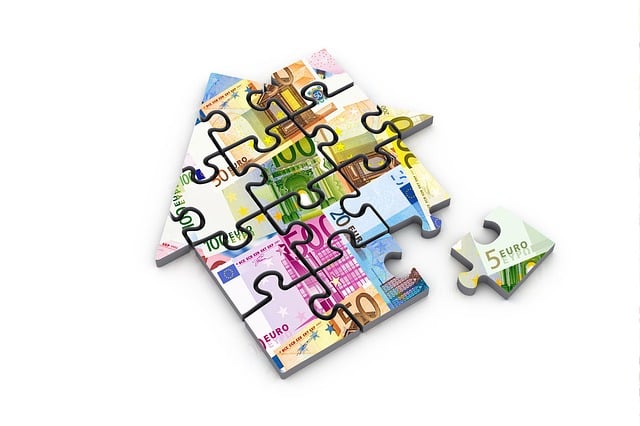Self-employed individuals looking into Debt Consolidation Loans have distinct options with secured and unsecured loans. Secured loans, backed by collateral, offer lower rates but require assets, while unsecured loans provide flexibility but come with higher interest rates due to increased risk for lenders. Understanding these differences is vital for finding the best debt consolidation solutions suited to one's financial situation and business history.
Looking to consolidate debt as a self-employed individual? Understand the key distinction between secured and unsecured loans. Secured loans, backed by collateral, offer lower interest rates but pose greater risk if you default. Unsecured loans, free from collateral requirements, provide flexibility but typically carry higher interest rates. This article explores these options in detail, focusing on debt consolidation loans specifically tailored for self-employed borrowers, helping you make an informed decision to streamline your financial obligations.
Understanding Secured and Unsecured Loans
Secured and unsecured loans are two different types of financial instruments that cater to various borrower needs. At their core, the primary distinction lies in the collateral requirement. Secured loans demand a form of asset as security, which can be anything from property or vehicles to valuable personal items. This collateral serves as protection for the lender, offering them a guarantee should the borrower fail to repay the loan. In contrast, unsecured loans pose no such collateral demand, making them riskier for lenders but more accessible for borrowers with fewer assets to pledge.
For individuals seeking Debt Consolidation Loans for the Self-Employed, understanding these loan types is crucial. Secured options might appeal to those with substantial assets, as they often secure lower interest rates and more favorable terms. Unsecured loans, on the other hand, provide flexibility to those without significant collateral but may come with higher interest rates and stricter borrowing limits due to the increased risk for the lender.
Debt Consolidation Options for Self-Employed Individuals
For self-employed individuals looking to consolidate debt, there are distinct options available compared to their employed counterparts. One key distinction lies in the availability and requirements of secured and unsecured loans. Traditional lenders often view self-employment as a higher risk due to income instability, leading many banks to primarily offer secured debt consolidation loans for the self-employed. These loans require collateral, typically the individual’s business assets or property, providing the lender with security should the borrower default.
However, there are also unsecured loan options tailored to self-employed borrowers. These loans don’t require collateral but often come with higher interest rates and stricter borrowing criteria. Self-employed individuals can explore alternative lenders, credit unions, or specialized financing platforms that cater specifically to their industry. Building a solid business history and demonstrating stable income through tax returns and financial statements can significantly improve the chances of securing an unsecured debt consolidation loan.
When considering debt consolidation loans, understanding the distinction between secured and unsecured options is key. For self-employed individuals, Debt Consolidation Loans for the Self-Employed offer a path to financial clarity by simplifying repayment terms and potentially lowering interest rates. Secured loans, backed by collateral, present lower risks for lenders but require asset protection. Unsecured loans, devoid of collateral, offer convenience but come with higher interest rates and stricter borrowing criteria. By evaluating your financial situation and comparing these loan types, you can make an informed decision to streamline debt repayment and achieve financial stability.
